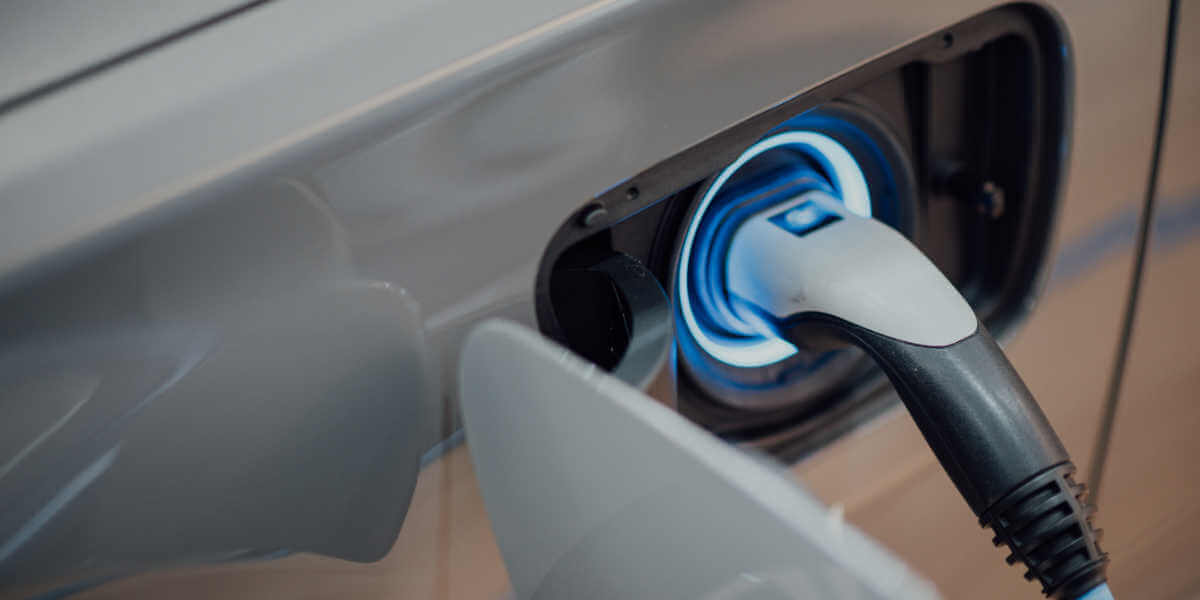Tips to Buy a Used EV
If you order an electric car today, you may have to wait for at least 4 months before you can get your hands on it. Therefore, it’s a great idea to opt for a used car. In fact, there is an increasing demand for used EVs. By keeping a few tips in mind, it will be much easier for you to make the right choice.
Article by: Shalini M
Battery Status.
Without a solid battery, an EV is useless. With time, the battery ages as it goes through hundreds of charging cycles. As the capacity of the unit decreases, the range of the car will also decrease.
For instance, after 80,000 km, the range may decrease by 11%. However, for routine journeys, this range is more than enough. You may get a battery certificate from some sellers.
The vehicle display will show you the existing battery status. Based on this status, you can get a pretty good idea of when you should take a break from charging.
Battery Capacity of an EV.
The capacity is measured in kWh and has a great impact on the car range between charges. If the capacity is higher, you won’t have to stop to recharge the battery that often. For instance, some batteries allow you to drive up to 450 km on one charge.
The lifespan of a battery is between 8 and 10 years. To check the battery condition, make sure you get it tested by a pro.
The Effects of Braking on the Charging Time.
In today’s EVs, you get some of the energy back each time you apply the brake, which is called recuperation. Usually, in cities, you only need to accelerate to reach your destination. The motor is so responsive that braking is “ignored”.
As a result, there is minimal wear. However, it also causes the accumulation of rust, unlike petrol-based cars. If you don’t use brakes at all, they will continue to rust. And the rust has a negative impact on the break disc surface and pads. So, the braking performance will be negatively impacted. Therefore, you may want to inspect the brakes.
The Charging Process.
When opting for an EV, another factor that you need to consider is the range. So, you should find out more about the charging capacity and infrastructure. For flexible charging, you may want to charge the EV at a charging station from time to time.
So, where should you charge your EV batteries? What about your home wall sockets? Unfortunately, your domestic sockets can’t tolerate the load of charging these batteries for a long period of time. Moreover, your home sockets will take more than 12 hours to fully charge the unit. So, taking your car to a charging station is a much better idea where it can be charged within a few hours.
So, if you are looking to buy a used EV, we suggest that you follow the tips given in this article. This way you can opt for the right unit by avoiding common mistakes. Hope this helps.








